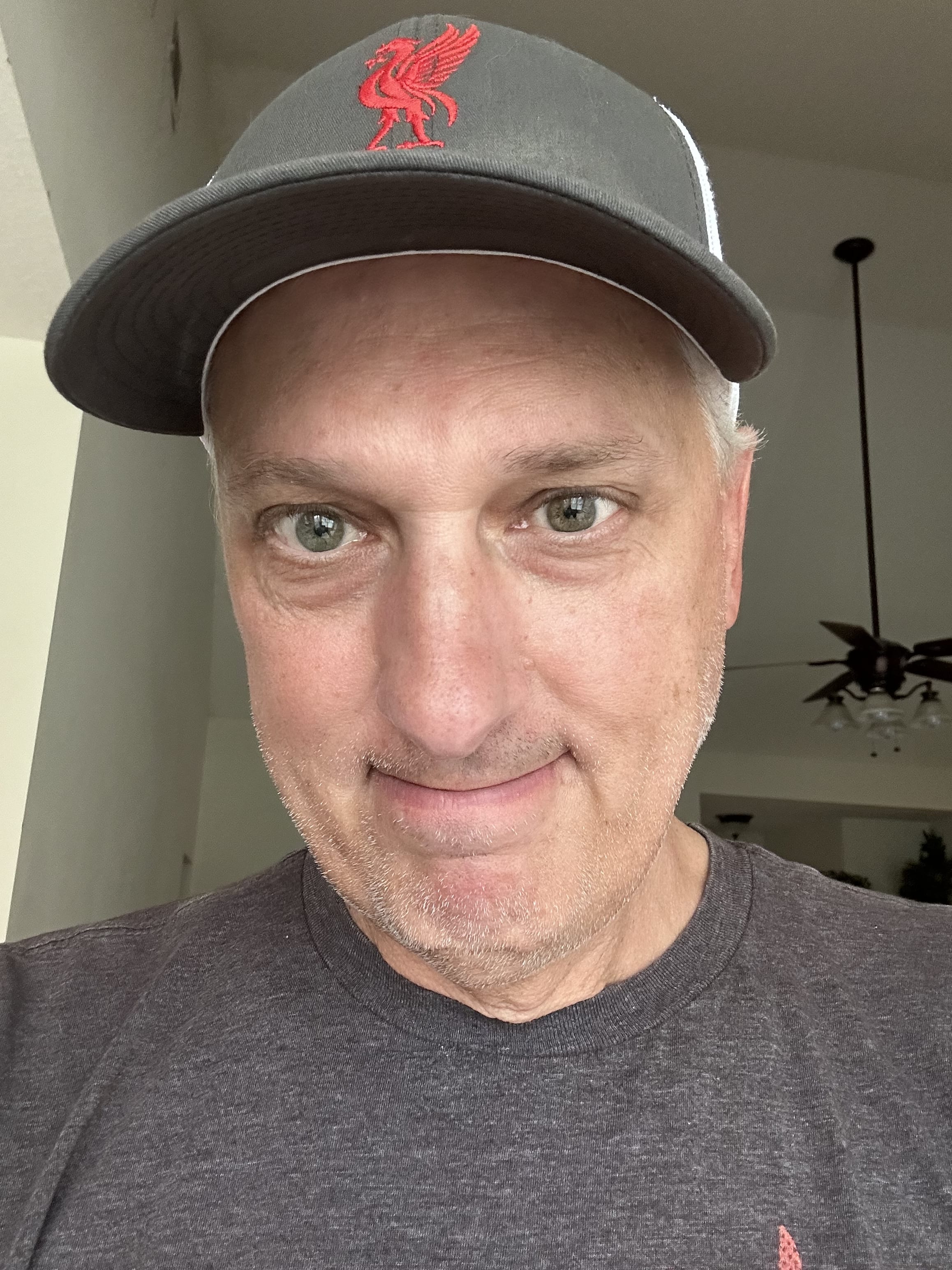AUBURN | It was a cold, wet and miserable December day at Atlanta’s old Fulton-County Stadium. It was an even more miserable fourth quarter for Auburn, which found itself trailing Indiana 23-20 with two and a half minutes left in the 1990 Peach Bowl after giving up 13 unanswered points.
Stan White, then Auburn’s redshirt freshman quarterback, engineered a 72-yard drive including a stretch of five straight completions to get the Tigers inside of Indiana's 1-yard line. Facing a fourth down with less than a minute remaining, Auburn called timeout and White trotted over to the sidelines to discuss strategy with offensive coordinator Pat Sullivan and head coach Pat Dye.
Sullivan called for White to fake a handoff to running back James Joseph and bootleg around the left end where he had the option of throwing to tight end Victor Hall or running it. Dye, however, had other ideas.
“Coach Dye stops us and says, ‘Wait a minute, we’ve got a 225-pound tailback in James Joseph. If you don’t hand it off to him up the middle and we don’t get two feet, we don’t deserve to win,’” White recalled. “So I kind of went back and forth and looked at Coach Sullivan and looked at Coach Dye, and Coach Dye is the head coach, and Coach Sullivan said, ‘Run the play.’
“So I went out there and had a choice to make. I’ve got to either hand it off to James, and if they’re packing it in, we’re probably not going to score, or I’ve got to fake it to James and bootleg around the end, and if I don’t score, Coach Dye’s not going to let me back on the sideline.”
White ended up keeping the ball and getting into the corner of the end zone for the winning touchdown, but it’s what happened next that makes this one of his favorite stories of playing for Dye, who passed away Monday at age 80.
“I was coming back to the sideline and Coach Dye was the first one to meet me over there and he kind of grabbed me by the facemask and said, ‘Hey, I sure did call a great play, didn’t I?’ I said, ‘Yes you did, Coach. That was a great play.’ It was a good little moment with he and I,” White said. “But that was his mentality, though. If we’ve got a 225-pound tailback and we can’t get two feet, we don’t deserve to win. That was one of my great, funny moments with him because if I hadn’t scored on that, I don’t think he’d let me be his quarterback from then on.”
White would go on to start 45 consecutive games at quarterback for Auburn and set several school records including 8,016 career passing yards. Three of those seasons were under Dye until his retirement after the 92 season.
“He was just a great coach, a great man and a great mentor to a lot of us,” White said. “He said it many, many times that his goal as a coach was not only to develop the best players he could but to get his boys, he called us his boys, and by the time they left Auburn they became men. I think that was his ultimate goal was to raise good citizens and not just good football players. He was about as tough and determined and hard-nosed an individual as I have known, but he also, you could tell, genuinely that he cared immensely for every single player that he had.
“He and I shared a lot of private moments together. Usually when you’re the quarterback at Auburn or Alabama, and the head coach, those are the two highest-profile positions in the state, probably, besides the governor. You’re either the goat or you’re the hero, and sometimes it’s justified and sometimes it’s not. We shared a lot of private conversations about that during our time. He was just a great Auburn man and he will be missed very much.”
The Tigers were just 18-14-1 over Dye’s final three seasons, but entered 1993 with a lot of key starters returning and first-year coach Terry Bowden. Auburn was on probation and not eligible for postseason play, but that didn’t sway them from putting together one of the best seasons in school history finishing 11-0 with an electric 22-14 comeback win over Alabama at Jordan-Hare Stadium.
Just minutes after James Bostic’s 70-yard touchdown run put a finishing stamp on the Iron Bowl win and undefeated season, a gracious Bowden allowed Dye to speak to the team in the postgame locker room. Holding a cigar in one hand, Dye thanked Bowden, his staff and the Auburn administration for allowing him to be a part of that team and he called his players true champions saying, “I ain’t got to tell you what you mean to me.”
It’s another one of White’s most precious memories of Dye.
“That was something that just made that season so much more memorable for me and a lot of the upperclassmen because he was able to enjoy it as if he were a coach even though he wasn’t on the sideline,” White said. “Even at the end of that Iron Bowl, 11-0, you see who gets up on the little stand right there, it was Coach Dye and Coach Bowden. It was really, really special for us and for him to be a part of.
“To this day I think a lot of people will give him credit for not being on the field coach and an Xs and Os guy, but maybe being the foundation that helped us get to that next step. That’s what made that year so special. Going undefeated is as difficult as ever but to have your old coach mixed in with the new and feel like he’s a part of it, that’s incredible.”
